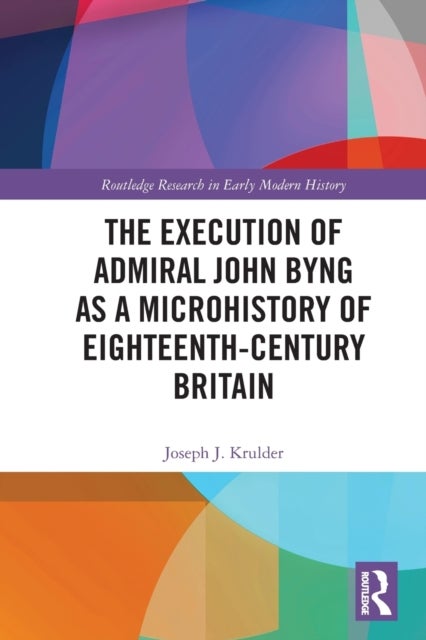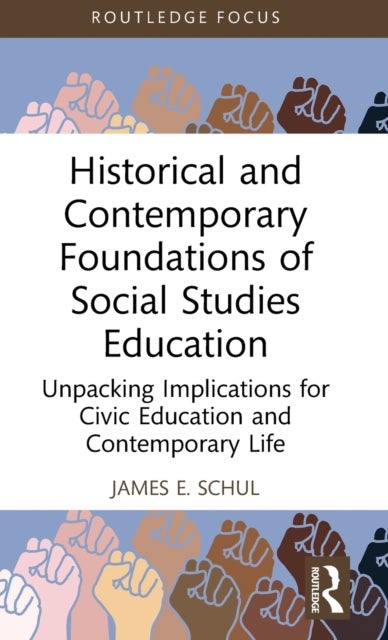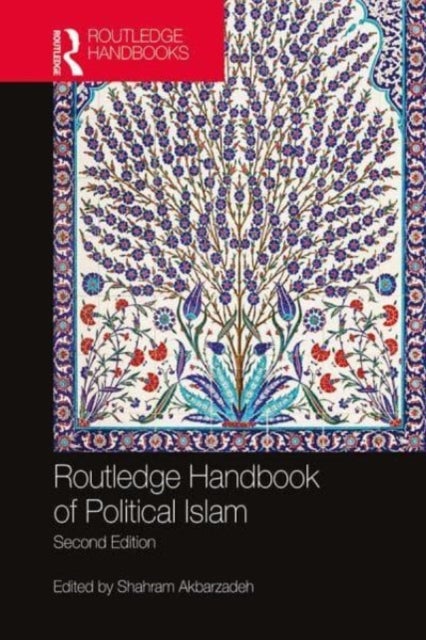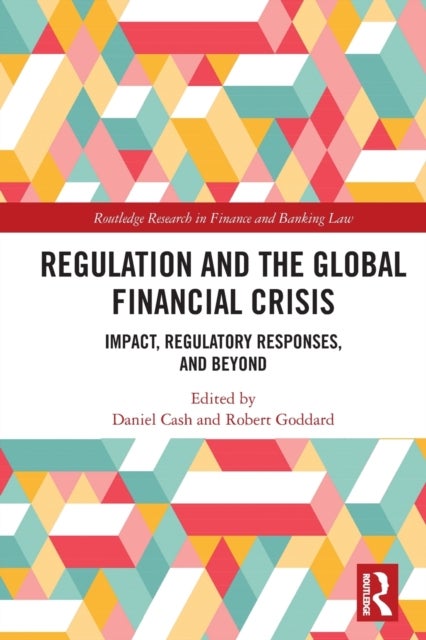
The Execution of Admiral John Byng as a Microhistory of Eighteenth-Century Britain av Joseph J. (Butte College USA) Krulder
479,-
<p>According to Voltaire''s <em>Candide</em>, Admiral John Byng''s 1757 execution went forward to ''encourage the others''. Of course, the story is more complicated. This microhistorical account upon a macro-event presents an updated, revisionist, and detailed account of a dark chapter in British naval history. Asking ''what was Britain like the moment Byng returned to Portsmouth after the Battle of Minorca (1756)?'' not only returns a glimpse of mid-eighteenth century Britain but provides a deeper understanding of how a wartime admiral, the son of a peer, of some wealth, a once colonial governor, and sitting member of parliament came to be scapegoated and then executed for the failings of others. This manuscript presents a cultural, social, and political dive into Britain at the beginning of the Seven Years'' War. Part 1 focuses on ballad, newspaper, and prize culture. Part 2 makes a turn towards the social where religion, morality, rioting, and disease play into t








